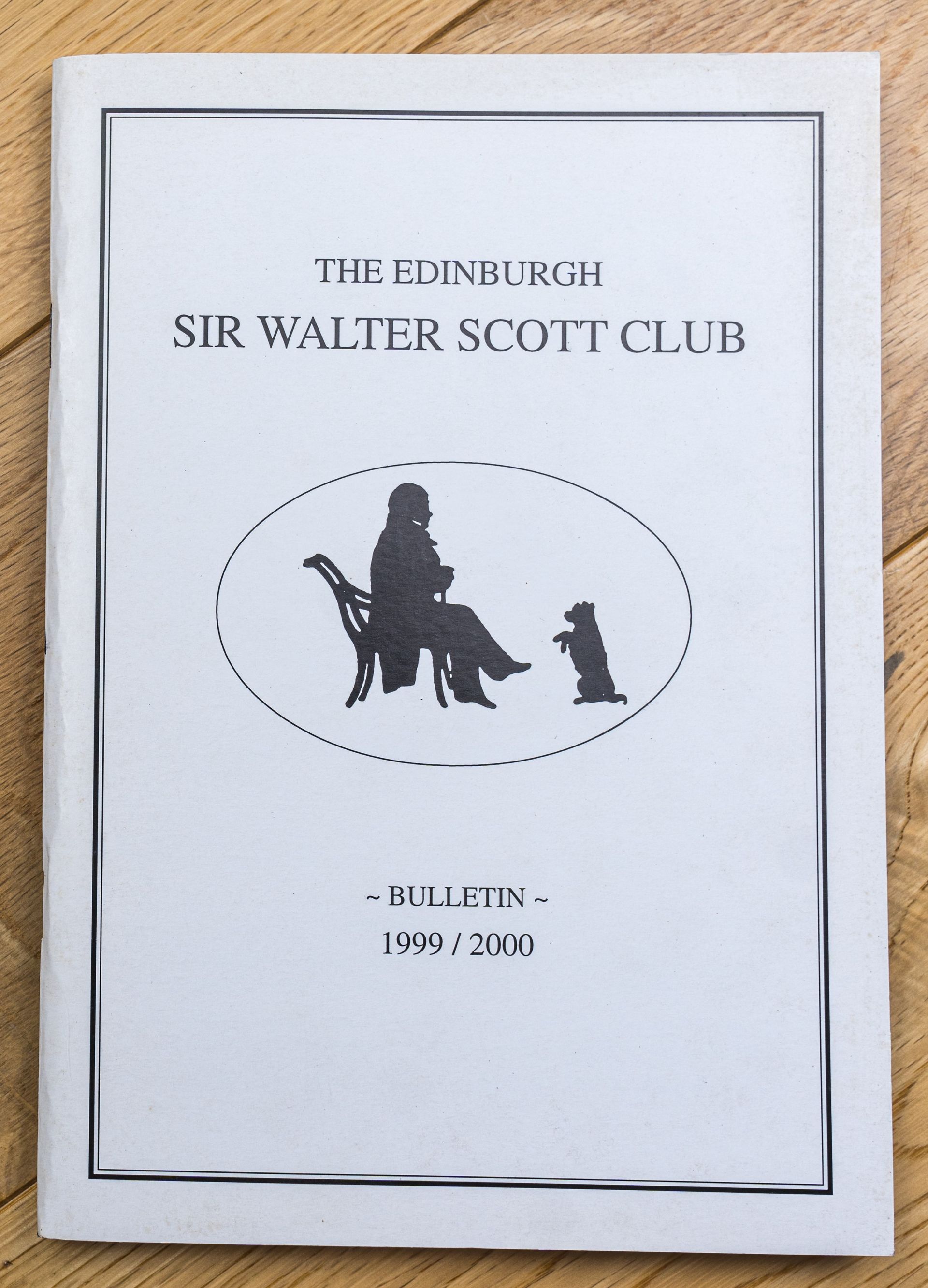Sir Walter Scott and Politics
Arnold Kemp
2000
Summary of the Talk:
The talk examines Sir Walter Scott as both a political novelist and a central figure in Scottish national consciousness. Rather than focusing on familiar aspects of Scott’s life, Kemp emphasizes Scott’s influence on political thought and his interaction with Scotland's history, particularly through Kemp's own family’s connections to Scottish events.
- Family Connection to Scott: Kemp traces his family’s roots to East Lothian, which is also the setting for some of Scott's works. He specifically mentions his ancestor Robert Kemp, who lived near the site of the Battle of Prestonpans in 1745, and connects this to Scott’s novel Waverley. This leads to a discussion about Scott's Waverley as a political novel and its role in shaping Scottish identity.
- The Jacobite Rising and Scott's Influence: Kemp discusses the 1745 Jacobite uprising, its portrayal in Scott’s works, and the way Scott used his novels to reconcile Scotland’s Highland and Lowland traditions with Hanoverian Britain. Scott’s political leanings are examined, showing his desire to honour both sides of Scotland’s conflict, while helping England better understand Scotland’s complexities.
- Scott’s Legacy: Kemp goes on to explore how Scott, despite being a Tory and a Unionist, helped raise Scotland’s cultural pride and national sentiment. He presented Scotland to the world with a deep sense of national identity, as seen in his novels and his promotion of Scottish history.
- Political Contradictions: Kemp also addresses the contradictions in Scott’s political stance. For instance, Scott’s opposition to the Treaty of Union and his campaign to preserve Scottish banknotes highlight his deep commitment to Scottish traditions, despite his political alignment with British Unionism.
- The Scott Monument: Kemp reflects on the construction of the Scott Monument, designed by George Meikle Kemp, another Kemp family member. Despite challenges, including rumours surrounding Kemp’s death before the monument’s completion, the monument remains a symbol of Scott’s influence on Scottish identity.
- William Strathern Kemp: Finally, Kemp introduces his ancestor William Strathern Kemp, a teacher and poet who commemorated Scott in verse. He underscores how Scott was revered in Scotland, though modern culture has shifted away from the deep appreciation Scott once commanded.
Interesting Points to Highlight:
- Scott's Political Complexity: Scott’s political views are complex, particularly regarding his views on the Treaty of Union and his desire to preserve Scotland’s identity while being a Unionist. This is an interesting contradiction that challenges the simplification of Scott’s political identity.
- Scott's Reconciliation of Scottish Traditions: Scott’s ability to honour both the Highland and Lowland traditions and bridge the gap between Scotland and England is noteworthy. It shows his political acumen and literary skill in unifying a divided nation.
- The Kemp Family's Legacy: The personal connection Kemp has to both the Battle of Prestonpans and the Scott Monument offers a fascinating way to explore the intersection of personal history and national history.
- The Symbolism of the Scott Monument: The monument itself stands as a testament to Scott's impact on Scottish culture, and Kemp's insights into its design and troubled construction are a unique part of the talk.
- Scott's Legacy in Modern Scotland: Kemp critiques modern Scotland for neglecting Scott's legacy, too focused on mass culture and contemporary narratives like Trainspotting and Braveheart, offering a thought-provoking reflection on how Scotland has evolved in terms of its cultural heroes.
This talk offers a nuanced view of Scott, not only as a novelist but as a significant political figure whose works shaped Scottish national consciousness in profound ways.
Download the [Transcript] or Read the [Bulletin]

Download the [Transcript] or Read the [Bulletin]


